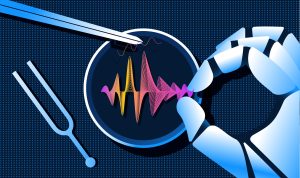OpenAI’s defense of the lawsuit brought by The New York Times (“The Times”) has sparked controversy relating to OpenAI’s discovery demand for access to reporter notes and other behind-the-scenes materials associated with millions of articles that appeared in The Times.
Colleagues Jennifer Altman, Shani Rivaux and Macarena Fink provide a briefing on OpenAI’s discovery request in their recently published client alert, “Discovery Dilemma: An Update on the Legal Battle Between The New York Times and OpenAI.”





